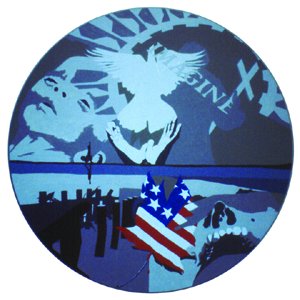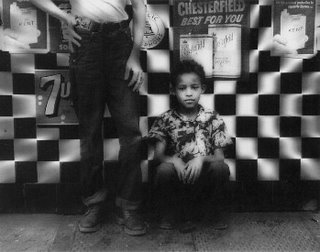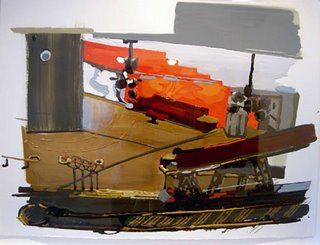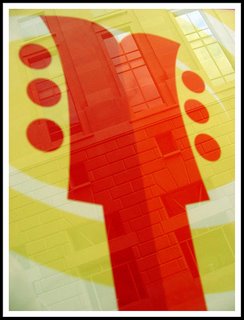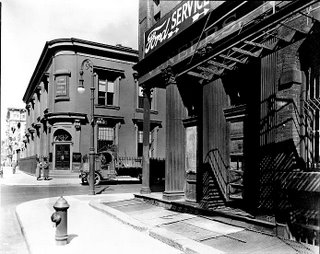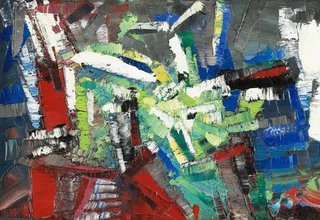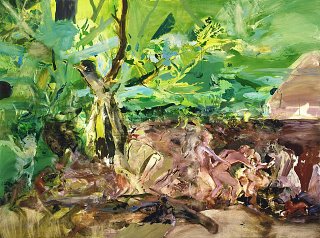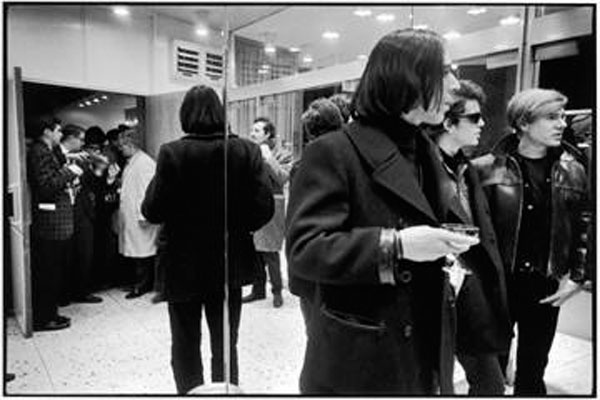
* Frank Rich. excerpt:
"Certainly there has been no shortage of retrofitted explanations for the war in the three-plus years since the administration’s initial casus belli, to fend off Saddam’s mushroom clouds and vanquish Al Qaeda, proved to be frauds. We’ve been told that the war would promote democracy in the Arab world. And make the region safer for Israel. And secure the flow of cheap oil. If any of these justifications retained any credibility, they have been obliterated by Crisis in the Middle East. The new war is a grueling daily object lesson in just how much the American blunders in Iraq have undermined the one robust democracy that already existed in the region, Israel, while emboldening terrorists and strengthening the hand of Iran.
"But it’s the collapse of the one remaining (and unassailable) motivation that still might justify staying the course in Iraq — as a humanitarian mission on behalf of the Iraqi people — that is most revealing of what a moral catastrophe this misadventure has been for our country. The sad truth is that the war’s architects always cared more about their own grandiose political and ideological ambitions than they did about the Iraqis, and they communicated that indifference from the start to Iraqis and Americans alike. The legacy of that attitude is that the American public cannot be rallied to the Iraqi cause today, as the war reaches its treacherous endgame."
...
"The simple answer is that the war planners didn’t care enough to provide the number of troops needed to secure the country so that reconstruction could proceed. The coalition authority isolated in its Green Zone bubble didn’t care enough to police the cronyism and corruption that squandered billions of dollars on abandoned projects. The latest monument to this humanitarian disaster was reported by James Glanz of The New York Times on Friday: a high-tech children’s hospital planned for Basra, repeatedly publicized by Laura Bush and Condi Rice, is now in serious jeopardy because of cost overruns and delays.
"This history can’t be undone; there’s neither the American money nor the manpower to fulfill the mission left unaccomplished. The Iraqi people, whose collateral damage was so successfully hidden for so long by the Rumsfeld war plan, remain a sentimental abstraction to most Americans. Whether they are seen in agony after another Baghdad bombing or waving their inked fingers after an election or being used as props to frame Mrs. Bush during the State of the Union address, they have little more specificity than movie extras. Chalabi, Allawi, Jaafari, Maliki come and go, all graced with the same indistinguishable praise from the American president, all blurring into an endless loop of instability and crisis. We feel badly ... and change the channel."
...
"That the latest American plan for victory is to reposition our forces by putting more of them in the crossfire of Baghdad’s civil war is tantamount to treating our troops as if they were deck chairs on the Titanic. Even if the networks led with the story every night, what Americans would have the stomach to watch?"
* "I think that one possible definition of our modern culture is that it is one in which nine-tenths of our intellectuals can't read any poetry" -- Randall Jarrell
* Clusterfuck Nation. excerpt:
"World War Three probably started on September 11, 2001. The responding campaigns by the US in Afghanistan and Iraq have proven to be inadequate efforts at political containment via the nostrum of 'democracy.' The Iraq campaign especially has backfired because the US pretended it was about something other than guaranteeing our continued access to Middle East oil. The ironic result a few years from now may be that oil fields of Shia-dominated southern Iraq will come under the direct management of Iran. Whoops.
"Another evolving reality may also be the end of the conceit that the US controls Israel. Right now, the US is desperate to keep the Islamic world from exploding by reigning in Israel. But Israel is equally desperate to not be 'wiped off the map.' Israel may keep fighting in Lebanon longer than America wants it to."
...
"America has been reduced in the current affair to something only a little better than a nervous bystander. America's growing exhaustion and its inability to control events is on display for all to see. So is the foolish intransigence of our easy-motoring, suburban sprawl-building economy, which has made us psychologically the vassals of the Islamic oil-exporting nations. We're doing nothing to prepare for the day when all that oil stops coming through the Strait of Hormuz. Most of the American public not only has no idea what trouble we're in, but they're strangely proud of their cluelessness -- as they kick back and wait for 'the market' to 'come up with something.'
"But if the guns of August 2006 really do set something bigger off, and the oil fields go up in flames, or the shipping lanes get shut down, or if any number of other things that can go wrong do go wrong, America will have a whole lot more to think about than Nascar and Jennifer Anniston's love life."
